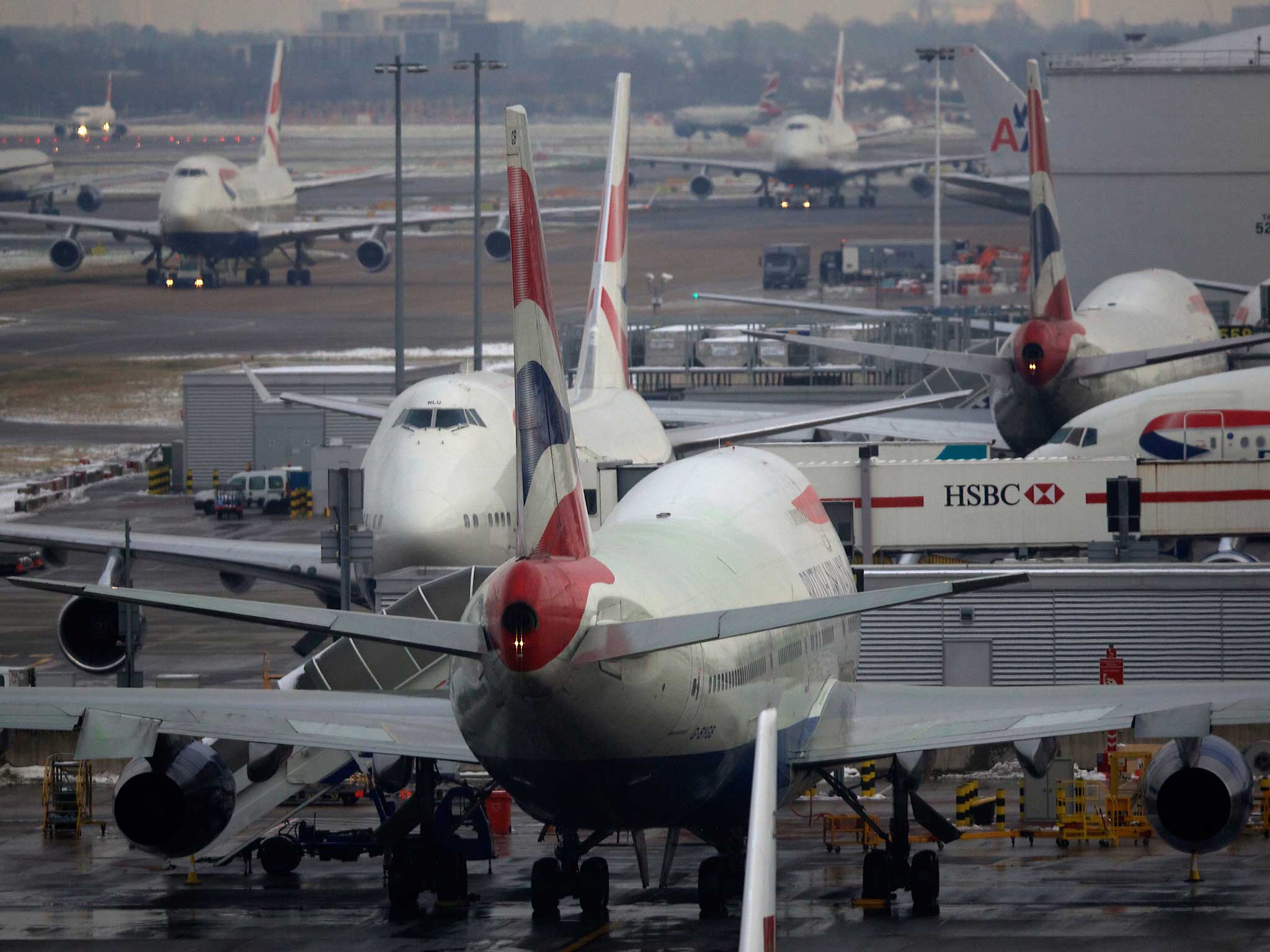Ryanair calls on CAA to act over air traffic chaos caused by telephone system glitch
British Airways cancelled about 150 domestic and European flights in an effort to protect its long-haul schedule

Ryanair appealed to the UK's aviation regulator to intervene after a telephone system glitch caused air chaos across the country. The hundreds of delayed flights could cost airlines millions of pounds.
The budget airline called the performance of National Air Traffic Services (Nats) "simply not good enough", with further delays to thousands of journeys predicted today, despite Nats saying it had fixed the problem this evening.
The problem arose in the early hours of Saturday morning at the Nats control room in Swanwick, Hampshire. A routine switchover from night to daytime operations failed. Many of the incoming controllers were unable to work normally because the internal phone system was not working properly.
In a statement Ryanair said it was calling on the Civil Aviation Authority to intervene and "prevent further chaos for thousands of passengers affected by this air traffic control failure. While we acknowledge problems can occur, where is the contingency? It's simply not good enough and the CAA needs to act now."
Nats acknowledged that the system's capacity had been reduced, but said problems had been resolved by this evening. "It was not possible to open the additional control positions this morning, resulting in a significant reduction in capacity in some areas of UK en-route airspace," a spokesperson said. By noon on a typical Saturday, about 2,000 flights would have been handled, but the glitch reduced that number by 300 flights, Nats added.
Ryanair apologised to its customers for the situation, which was "out of its control", but one customer who was not happy with its service was John Gallagher, 26, a PhD student from Cambridge, who was flying from Stansted to Rome. "I'm annoyed. Ryanair's communication has been dire. I know they can't fix an air traffic control problem, but there have been no announcements and we learnt about the problems from a TV in a pub in the airport," he said.
Another traveller, Emily Smith, 25, a healthcare assistant from Somerset, was flying to Lapland from Bristol with 13 family members. "My sister-in-law has had cancer this year, and we thought this was going to be her last Christmas, so we all got together," she said. "It's just completely ruined our Christmas. None of us will be able to get time off work."
London is the leading global aviation hub, handling far more passengers each day than any other city in the world. With the "flow rate" reduced, British Airways cancelled about 150 domestic and European flights in an effort to protect its long-haul schedule. Intercontinental flights were departing with delays of 30 to 60 minutes. BA said: "Given that Heathrow is the world's busiest two-runway airport and Gatwick is the world's busiest single-runway airport, there will be problems for all airlines as a result of the air traffic control failures."
Gatwick had at least 80 flights delayed and a number of cancellations. Stansted had delays and four cancellations, and Birmingham had 60 flights delayed. Manchester, Cardiff, Newcastle, Edinburgh, Glasgow, Aberdeen and Belfast were also affected by delays.
A Nats spokesman said that the issue was "not simply internal telephones," adding: "This is a very complex and sophisticated system with more than a million lines of software."
British Airways' cancellations, which affected an estimated 18,000 passengers, could result in costs of more than £3m.
Eurocontrol, the European organisation for air navigation safety, said: "This incident highlights once again the importance of the robustness of the technical systems supporting air traffic management."
Join our commenting forum
Join thought-provoking conversations, follow other Independent readers and see their replies
Comments
Bookmark popover
Removed from bookmarks